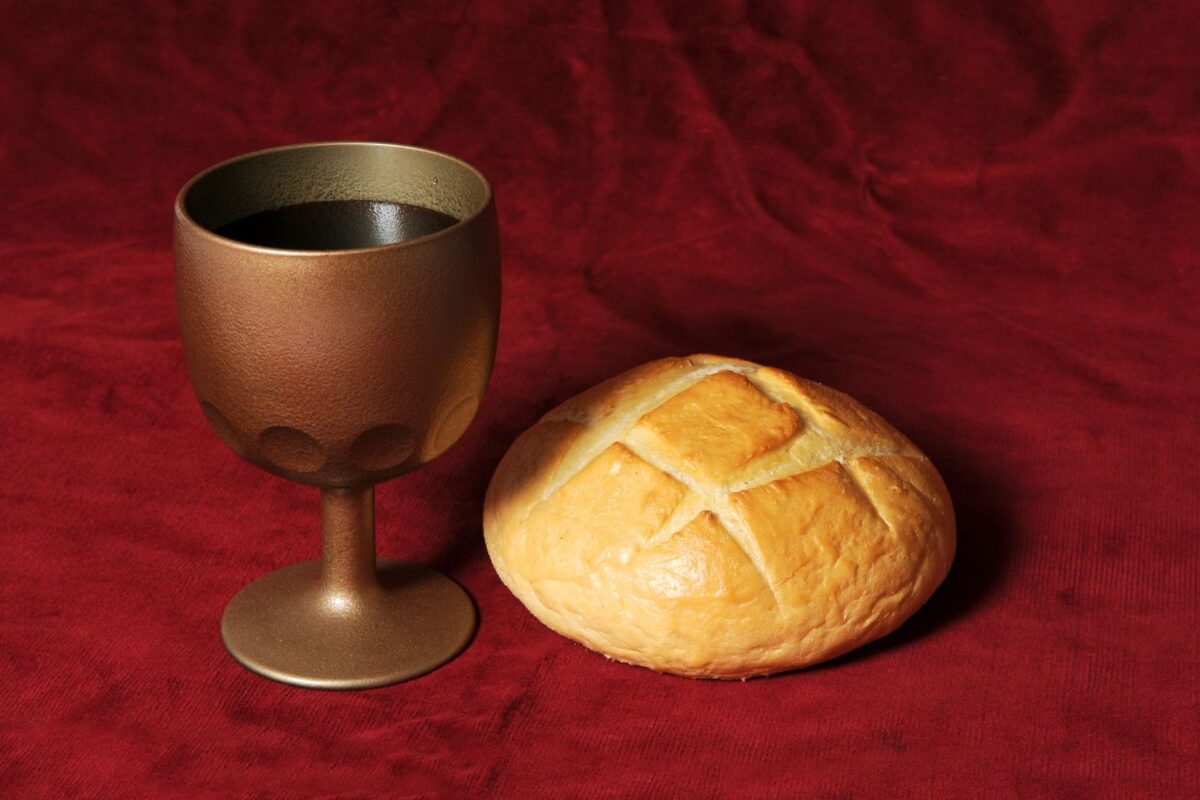About three years ago our parish decided to look at the idea of children taking communion. While we may not be typical (we have three churches, four vicars and a children’s worker), the process we went through might be useful to others as they consider this issue.
We began by discussing the issue in our staff meetings and looking at the theology and questions behind children taking communion. As a result of this we recommended that we allowed children to take communion for three key reasons:
- We wanted to take baptism seriously. Baptism is a sign that you are part of the church, the visible people as God. As such you should be allowed to participate in the central act of worship in church.
- Children can have a real and meaningful relationship with God. Their relationship may be different to a mature adult Christian but they can have a real relationship appropriate for their age and stage of faith.
- We wanted to give children the opportunity to say they ‘belong’. They belong to Jesus and they belong to the people of God, his church.
It’s important to say that this did not mean that every child would now take communion. We recognised that there may be some parents who didn’t want their child taking communion and for them the option of just receiving a blessing remained. We wanted children to take the act of communion seriously so, before they could take the bread and the wine, they had to do a four-session course covering the basics of Christianity and what communion means. And, of course, children would need to be baptised. One additional point to add is that we initially set an age limit on children who could take communion, those in Year 3 or above (over seven years old). While we have made one or two exceptions, this has proved to be a useful rule of thumb.
What was the feedback from the PCC and the congregations? In the main very positive, especially from parents. Many parents of children who were regular attenders were glad they now had the opportunity to participate in communion. A few parents were unsure during the initial year but many of them have wanted their children to take communion in subsequent years. The only negative feedback we received was what would this mean for confirmation, wouldn’t it be devalued? We’d anticipated this question so, alongside looking at communion, we’d also looked at our policy on confirmation. Our view was that this could make confirmation more meaningful for the individual as confirmation would now be a statement of a candidate’s personal, adult faith. Rather than being something they would ‘need’ to do to take communion, we recommended the individual would wait until they wanted to make a public declaration of their own faith. And that could be at age 16, 18, 35, 60 or whenever!
Admitting children for communion has meant we have had to make some changes to the service. We moved communion to the end of the service so the children could return take part and we use a version of the liturgy that is appropriate for all ages. It also means that once a year we make space in the service to welcome those who are taking communion for the first time, both children and adults. We want to mark taking communion as an important step on our journey with God.
So three years on how do we feel about children taking communion? I would say it’s been an overwhelmingly positive experience. By putting down clear guidelines at the start it means very few (I’m struggling to think of any) families have ‘abused’ the system. It has forced us to think about the role of children in our church and the importance of milestones in our faith journey. It has allowed the church to see that children can have a real relationship with God and an authentic faith. And, most importantly for me, it has allowed many of the children in our church to show they belong to Jesus and they belong to the people of God.
Stephen Mawhinney is Children’s Worker in Barnsbury Parish, Islington.
Parishes wishing to explore admitting children to Holy Communion should consult the Diocese of London’s guidelines.
